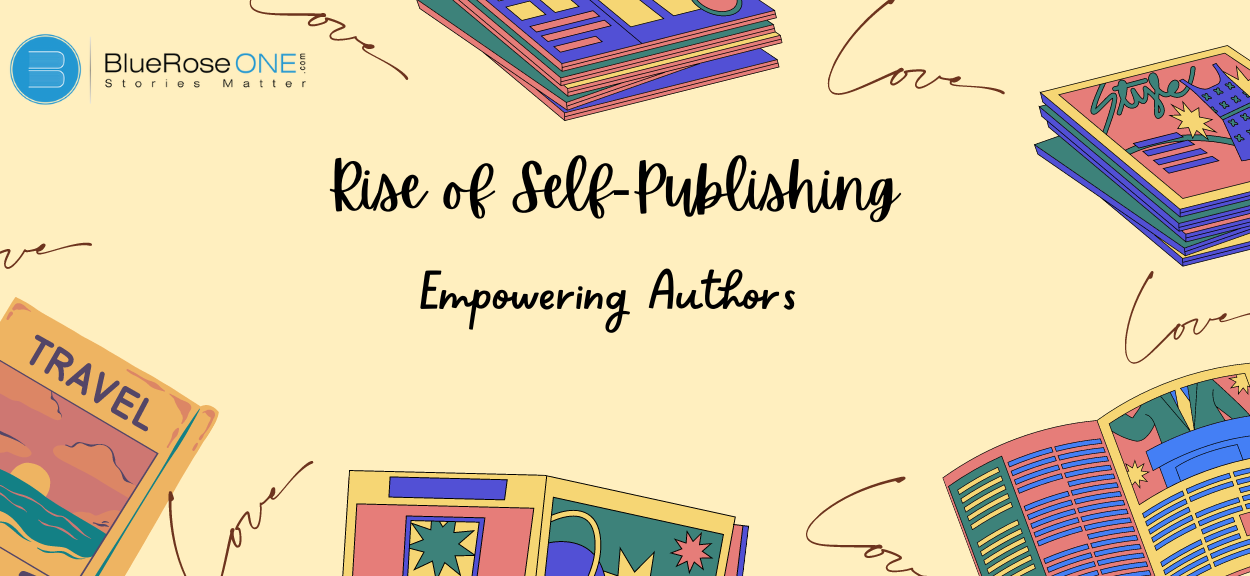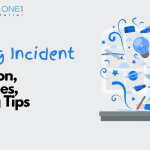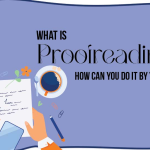Introduction
Self-publishing has revolutionized the world of literature, empowering authors to bring their stories to life without the traditional gatekeepers of the publishing industry. In this article, we’ll explore the concept of self-publishing, its advantages, steps involved, effective marketing strategies, common challenges, and how aspiring authors can overcome them. Additionally, we’ll delve into inspiring success stories of self-published authors who have made a significant impact on the literary world.
Read: Choosing the Right Publisher: A Step-by-Step Guide for Your Book
Advantage of Self-Publishing
Creative Control
The unmatched creative freedom that self-publishing affords writers is among its biggest benefits. Unlike traditional publishing, where editors and publishers may dictate changes to fit market trends, self-published authors retain complete autonomy over their work. They can choose their cover design, set their pricing, and make revisions according to their vision.
Higher Royalities
Another compelling benefit of self-publishing is the potential for higher royalties. While traditional publishers typically offer authors royalty rates ranging from 5% to 15%, self-published authors can earn up to 70% of their book’s sales revenue, depending on the platform. This financial incentive motivates many authors to pursue self-publishing as a viable option for monetizing their work.
Faster Publishing Process
Traditional publishing can be a lengthy and arduous process, often taking years from manuscript submission to book release. In contrast, self-publishing enables authors to bring their books to market much more quickly. With digital publishing platforms like Amazon Kindle Direct Publishing and IngramSpark, authors can publish their books in a matter of days, reaching readers worldwide almost instantly.
Steps to Self-Publishing
Writing and Editing
Writing your book is, of course, the first step in the self-publishing process. Once the manuscript is complete, thorough editing is essential to ensure quality and professionalism. Authors can choose to self-edit or hire professional editors for this crucial stage.
Cover Design
A captivating cover design is essential for attracting readers and conveying the essence of your book. Many self-publishing platforms offer tools and templates for designing professional-quality covers, or authors can hire freelance designers for custom designs.
Formating
Formatting your manuscript according to the specifications of your chosen publishing platform is crucial for a polished final product. This includes formatting for both print and digital editions, ensuring readability across different devices.
Publishing Platforms
There are numerous platforms available for self-publishing, each with its advantages and target audience. Amazon Kindle Direct Publishing, Barnes & Noble Press, and Smashwords are popular choices for ebooks, while IngramSpark and CreateSpace (now merged with Kindle Direct Publishing) cater to print-on-demand services.
Marketing Stratigies for Self-Published Authors
Social Media Promotion
Social media platforms like Facebook, Instagram, Twitter, and TikTok offer powerful tools for connecting with readers and promoting your book. Engaging content, targeted advertising, and collaborations with influencers can help expand your audience reach.
Email Marketing
Building an email list of interested readers allows authors to communicate directly with their audience and promote their books effectively. Offering incentives such as exclusive content or discounts can encourage readers to subscribe to your mailing list.
Blogging and Guest Posting
Maintaining a blog or guest posting on relevant websites within your niche can help establish authority and attract potential readers to your book. Providing valuable content and engaging with your audience fosters a sense of connection and trust.
Book Launch Events
Hosting a book launch event, whether virtual or in-person, generates excitement and buzz around your book release. Offering giveaways, author readings, and Q&A sessions can create memorable experiences for your audience and boost sales.
Common Challeges in Self-Publishing
Quality Control
Maintaining high-quality standards in writing, editing, and production is essential for self-published authors to compete in the market. Without the oversight of traditional publishers, ensuring professionalism and credibility falls squarely on the author’s shoulders.
Distribution Issues
While digital distribution has made it easier for self-published authors to reach global audiences, navigating distribution channels for print books can be challenging. Limited shelf space in brick-and-mortar stores and distribution agreements with online retailers require strategic planning and negotiation.
Visibility and Competition
With millions of books available in the market, gaining visibility and standing out from the competition is a significant challenge for self-published authors. Building an author platform, optimizing book metadata for searchability, and implementing targeted marketing strategies are crucial for success in a crowded marketplace.
Overcoming Self-Publishing Chanllenges
Professional Editing and Proofreading
Investing in professional editing and proofreading services ensures that your book meets industry standards for quality and readability. Experienced editors can provide valuable feedback on plot structure, character development, and grammar, enhancing the overall appeal of your book to readers.
Utilizing Beta Readers
Beta readers are invaluable resources for gaining early feedback on your manuscript from unbiased readers within your target audience. Their insights can help identify areas for improvement and refine your story before publication.
Investing in Professional Cover Design
A visually appealing cover is essential for attracting readers and conveying the genre and tone of your book. Hiring a professional cover designer ensures that your book stands out in crowded online marketplaces and entices potential readers to click.
Building an Author Platform
Establishing a strong online presence through author websites, social media, and email marketing is crucial for connecting with readers and building a loyal fan base. Engaging with your audience, sharing behind-the-scenes glimpses of your writing process, and offering valuable content can cultivate relationships that translate into book sales.
Success Stories of Self-Published Authors
Examples of Bestselling Self-Published Books
Numerous self-published authors have achieved remarkable success, topping bestseller lists and garnering widespread acclaim. From E.L. James’ “Fifty Shades of Grey” to Andy Weir’s “The Martian,” these success stories inspire aspiring authors to pursue their publishing dreams independently.
Conclusion
Self-publishing offers unprecedented opportunities for authors to share their stories with the world on their terms. By embracing creative control, leveraging effective marketing strategies, and overcoming common challenges, aspiring authors can turn their publishing dreams into reality and make a lasting impact on readers everywhere.
Frequently Asked Questions
– Absolutely! Self-publishing provides new authors with a platform to showcase their work and reach readers directly, bypassing the traditional publishing gatekeepers.
– The cost of self-publishing can vary depending on factors such as editing, cover design, and marketing expenses. However, many self-publishing platforms offer free or low-cost services, making it accessible to authors on a budget.
– In traditional publishing, authors typically submit their manuscripts to literary agents or publishing houses, who handle editing, design, distribution, and marketing. Self-publishing, on the other hand, gives authors full control over the entire publishing process.
Accordion C- Effective marketing strategies for self-published authors include social media promotion, email marketing, blogging, guest posting, and hosting book launch events. Building an author platform and engaging with your audience are also essential for long-term success.ontent
– Yes, many self-published authors have achieved tremendous success, with some even topping bestseller lists and securing movie deals. Examples include E.L. James, Andy Weir, and Hugh Howey, among others.














